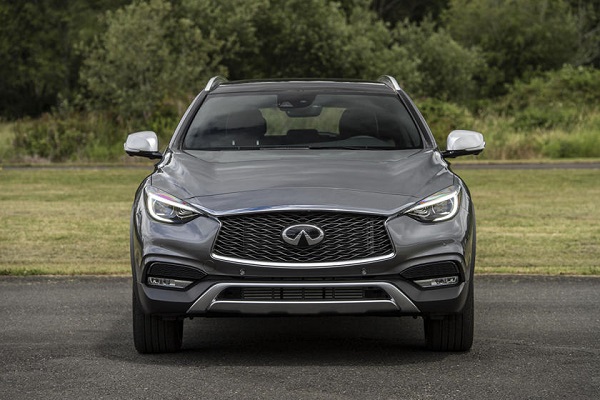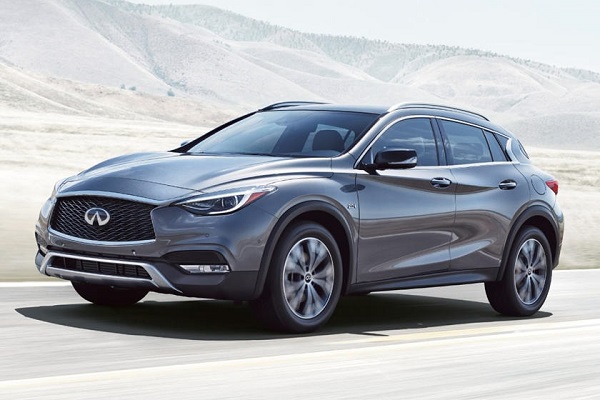A report claimed that Nissan’s luxury division Infiniti is planning to exit the European market due to poor sales. At the time, a company spokesperson clarified that there was “no truth” in the report and that “Europe remains an important region for Infiniti.” However, it turns out these rumors were correct, as Infiniti has officially announced a restructuring plan that includes withdrawing from Western Europe in early 2020.
As part of this plan, Infiniti will shift its focus to its largest growth markets in North America and China while continuing its smaller operations in Eastern Europe, the Middle East, and Asia, which “continue to grow.”
Infiniti will also cancel production of the Q30 and QX30 crossovers at its manufacturing plant in Sunderland, UK. Production of these two models will end by the middle of 2019, with Infiniti announcing plant management will “discuss any impact on the plant with employees and their representatives.”
The automaker also promises to find alternative opportunities for any employees that will be affected by its withdrawal from Western Europe. Once the process is complete, Infiniti will shut down all its franchise agreements in the region, “providing the support and services necessary to ensure a smooth transition.”

Moving forward, all new Infiniti cars will be electrified by 2021 and all of the automaker’s diesel offerings will be discontinued. The company will place more focus on its SUV lineup in North America, bring five new vehicles to China over the next five years, and “work to improve quality of sales and residual value, and realize more synergies with Nissan Motor Company.
” Infiniti hopes these changes will enable it to “become a top challenger brand in the premium segment.”
Sadly, Infiniti’s exit from Europe doesn’t come as a huge surprise. The luxury division launched in Europe back in 2008 to compete with its more established luxury German rivals, but sales have been steadily declining. According to data released by Carsalesbase, Infiniti sold 13,775 units in Europe in 2016, but this figure dropped to 12,571 in 2017 and 6,250 in 2018.




